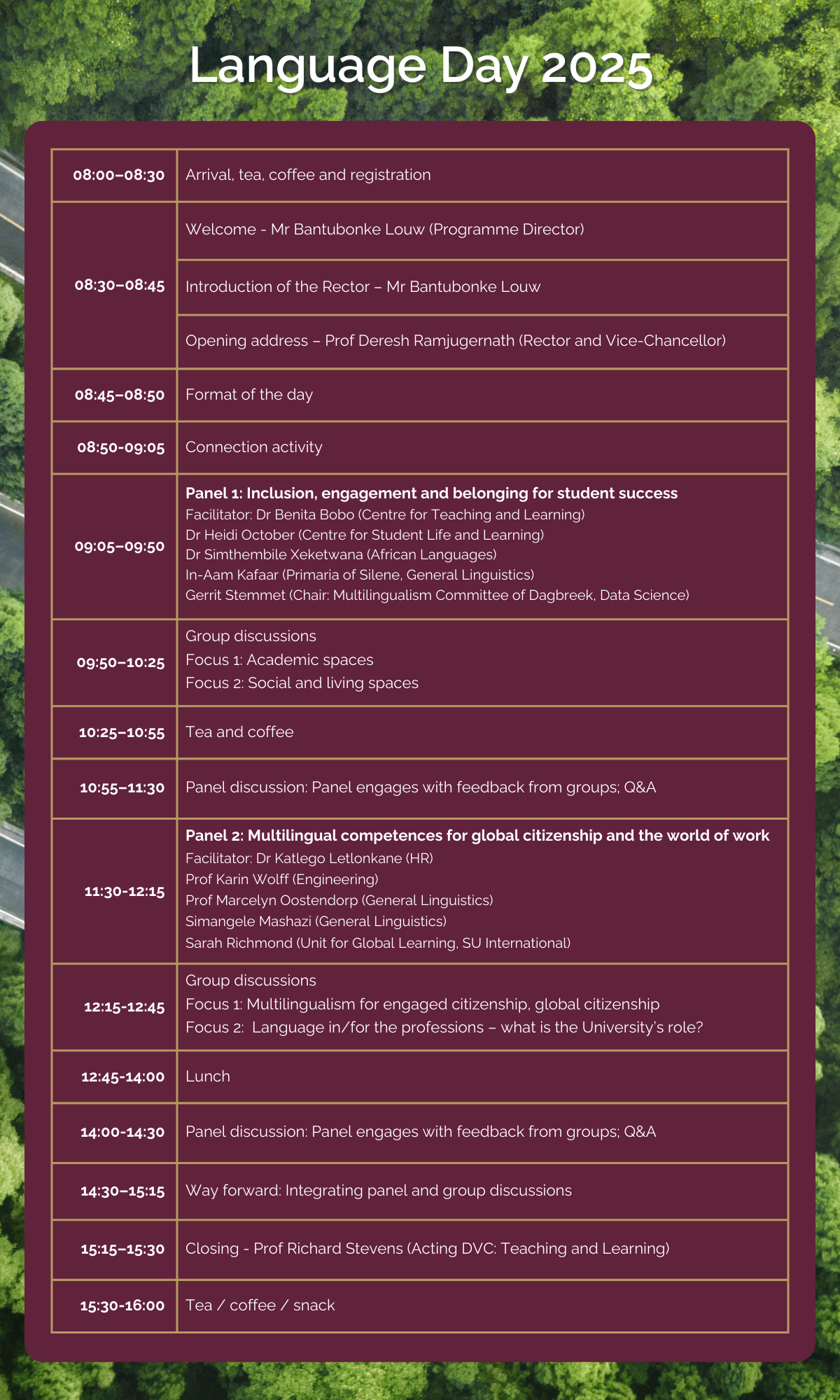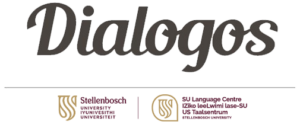
About Language Day
Language Day is hosted every two years at Stellenbosch University (SU). It is an opportunity for SU staff and students to learn from each other and to engage with our different experiences of language, and how language plays out in practice in academic and social settings. We explore how language shapes campus culture and supports student success, both at university and for the world of work.
Language plays a fundamental role in shaping how students experience university life. From the moment they register to the day they graduate and enter the world of work, students encounter a range of linguistic challenges and opportunities that influence their academic, personal and professional lives. Perspectives that foreground language can therefore open up meaningful discussions about meaning-making, students’ sense of being and belonging, the nature and authorship of knowledge, and who defines who belongs and whose knowledge counts (Antia & Dyers, 2019: 91). These considerations also raise important questions around campus culture and ways in which the institution can support learning.
As SU staff and students, we acknowledge that we live in a multilingual society on a multilingual continent. We know that a multilingual mindset equips our students to tap into a broader and more diverse knowledge base, to engage with society in a way that speaks to the heart, not just the mind, to be dynamic professionals, able to better demonstrate problem-solving, listening and interpersonal skills; and to be well-rounded individuals who can make informed decisions that take more than just their own thinking into consideration. We also know that multilingual competences are needed for African and global citizenship and employability, especially for an institution which is increasingly conscious of its duty to society as an African university.
At the same time, multilingualism—while celebrated for its cognitive, cultural, and social benefits in a diverse and interconnected world—is facing new challenges as globalisation accelerates the dominance of English, particularly in higher education, scholarly communication and the workplace.
This year, we focus on the following theme: “How does language play out in the SU student’s journey from registration to graduation?”
We examine the influence of language on a number of themes that impact the SU student’s journey from registration to graduation and the world of work. The idea is to have open, conversations about real practices on campus, in class and in social and living spaces. The conference theme will be unpacked in the form of two panel discussions, followed by group discussions and plenary feedback.
How does language play out in the SU student’s journey from registration to graduation?”
Panel 1: Inclusion, engagement and belonging for student success
The consequence of the single story is this: It robs people of dignity. It makes our recognition of our equal humanity difficult. It emphasises how we are different rather than how we are similar.” – Chimamanda Ngozi Adichie (cited in the SU Monitors report, 2025)
Breakaway discussions in groups will respond to the panel topic with a focus on one of the following:
Focus 1: Academic spaces
Focus 2: Social and living spaces
Panel 2: Multilingual competences and global citizenship for the world of work
Multilingualism is increasingly recognised as a crucial global graduate attribute which equips individuals with the capacity to navigate a diverse and interconnected world, contributing to employability and success in the workplace.
Breakaway discussions in groups will respond to the panel topic with a focus on one of the following:
Focus 1: Multilingualism for engaged local and global citizenship
Focus 2: Language in/for the professions – what is the University’s role?
Panel presentations may be delivered in English, Afrikaans or isiXhosa.
Programme

Conference format
- In person, at STIAS
- Two interactive panel discussions, each followed by a group session and a plenary feedback session.
- Groups at the various tables will be kept small to encourage discussion (no more than 10 participants per table). Participants will be encouraged to focus on specific themes to encourage engaged participation rather than broad and vague discussions.
- The group discussions will be anchored with a facilitator and scribe. The outputs from each breakaway session will be shared separately. Panel members will then engage in further discussion based on the group feedback.
Invitees
There will be approximately 100 invitees including formal invitees and some open invitations for SU staff and students.
List of sources
Antia, B.E., Dyers, C. 2019. De-alienating the academy: Multilingual teaching as decolonial pedagogy, Linguistics and Education, Volume 51, (pp. 91-100). https://doi.org/10.1016/j.linged.2019.04.007



